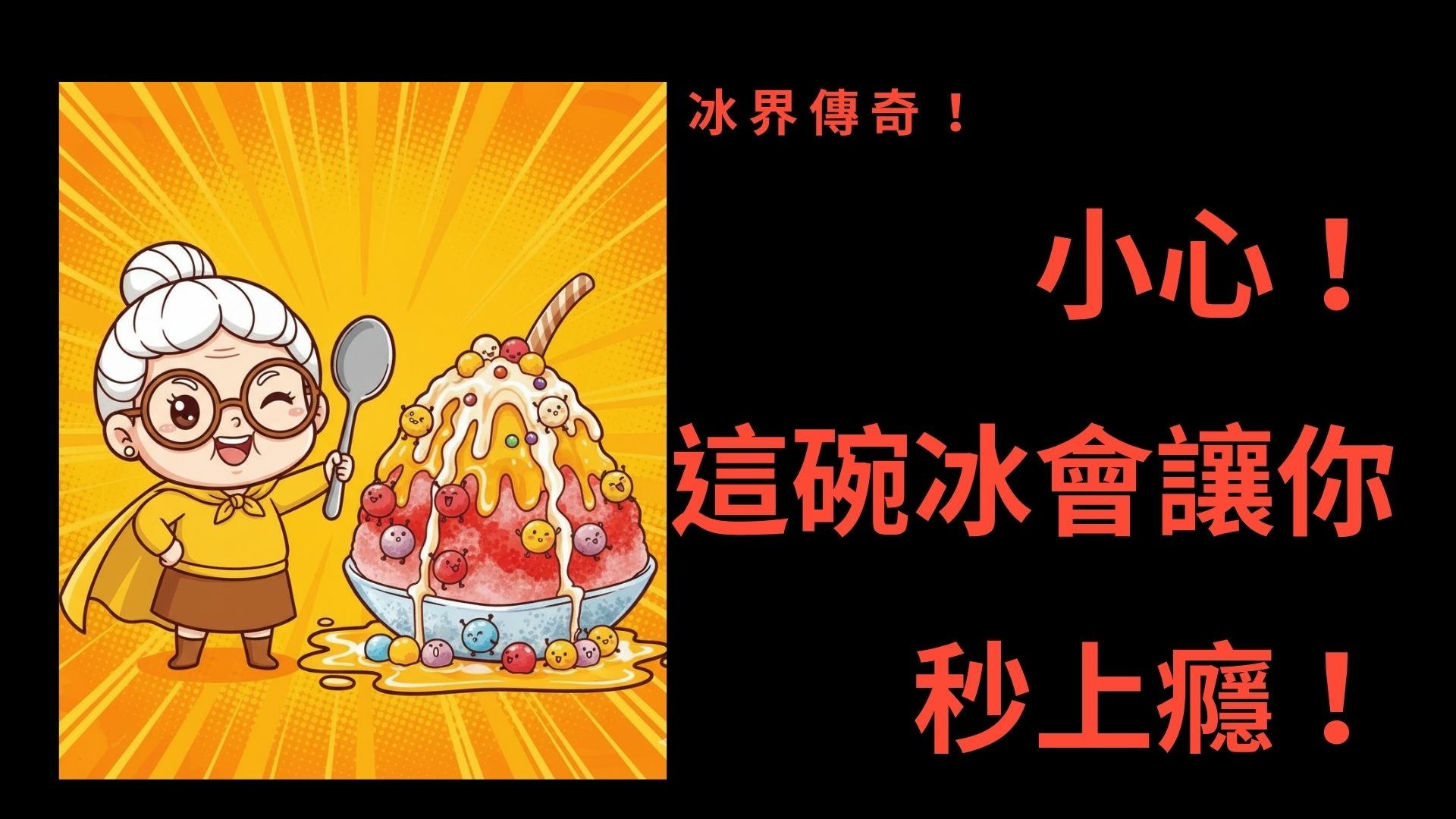Our Negative Culture 報憂不報喜的負面文化 ~ From ” How full is your bucket “
Unfortunately, wanting a more positive environment isn’t enough. Most of us have grown up in a culture in which it’s much easier to tell people what they did wrong instead of praising them when they succeed. Although this negativity-based approach might have evolved unintentionally, it nevertheless permeates our society at all levels. 這種偏負面的態度或許是無意中形成的 卻明顯充斥社會各階層
This focus on what is wrong is particularly evident in our school experiences. Instead of celebrating what makes each child unique , most parents push their children to “fit in” so that they don’t ”stick out “. This unwittingly stomps out individuality and encourages conformity, despite these parents’ good intentions.這種態度在學校中尤其明顯 多數父母不會稱許孩子的獨特性 反而唯恐孩子太”突出” 總是督促他們要盡量”融入”群體 父母雖然是出於一片好意 結果往往再不隻不覺中 壓抑了孩子的個性特質 鼓勵他們盲從
And our schools, which are built around “ core curricula “ that students have to learn regardless of their interests or natural talents, reinforce this kind of thinking. When a child excels at a subject and receives an A, what happens? Rather than recognizing and developing areas of talent, teachers and parents skip past the A and focus on raising the lower grades on the report card.我們的學校體制更是強化這種思考模式 因為學校都是以”核心課程”為主 不論興趣或才華一律必須學習 假設一個小孩在某科表現優異 得了A 結果會怎樣? 老師和家長不會特別去認可與發展小孩子這方面的才能 反而會注意成績單上分數較低的科目來加強
Most of us want more positive emotions in our lives.
多數人都希望生活中能有更多正面情緒 但是光是希望擁有更正面的環境還不夠 多數人成長的文化都是指出別人的錯很容易 卻很難開口稱讚別人的成就
待續 To be continued ~
 留言列表
留言列表


